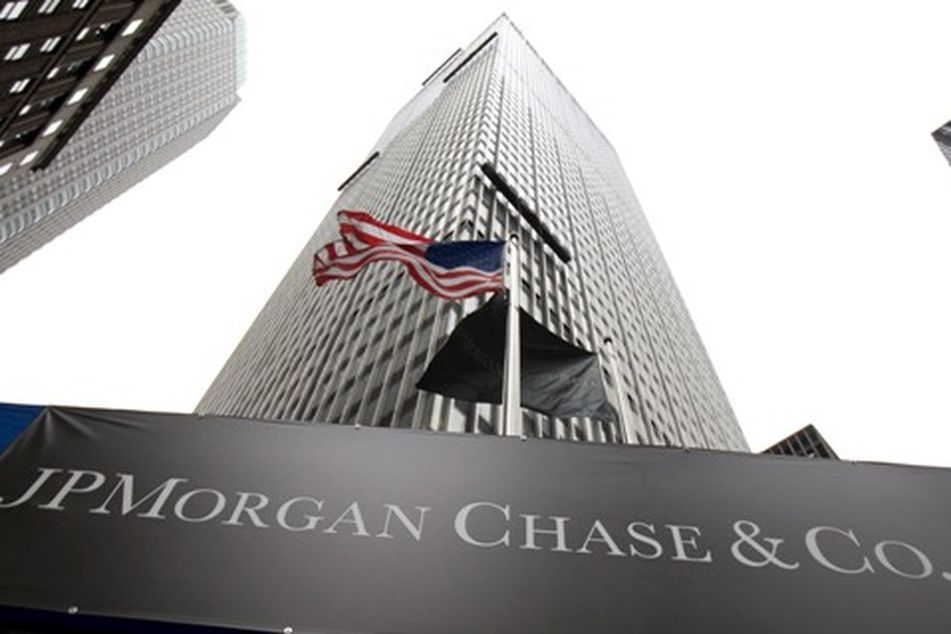Morningstar hikes rating on JPMorgan’s target date series

Pointing to improvements in corporate culture and stewardship grades, Morningstar Inc. has raised its ratings for J.P. Morgan Asset Management's SmartRetirement target date funds.
Pointing to improvements in corporate culture and stewardship grades, Morningstar Inc. has raised its ratings for J.P. Morgan Asset Management’s target date funds.
The hike places the SmartRetirement products on a par with target date funds offered by The Vanguard Group Inc., T. Rowe Price Group Inc. and American Funds Distributors Inc. Morningstar recently completed its first-quarter analysis of fund families and ratings.
“This is a series that has done really well over the last few years on a performance basis,” said Josh Charlson, senior mutual funds analyst at Morningstar. “It’s very consistent and the performance attribution analysis has been strong, so it’s been on the bubble of moving from ‘above average’ to ‘top.’”
Specifically, the Morningstar report says that the asset management division is aiming to expand quickly but hasn’t made moves that would run counter to the fund holders’ best interests. For example, J.P. Morgan hasn’t cut its research budget and its management has a track record of reducing fees.
The firm has also been working with consulting firm Casey Quirk & Associates LLC to monitor the fund lineup and provide reports to J.P. Morgan’s trustees on fees, and relative and absolute performance data, Mr. Charlson wrote.
“The have a strong independent board, and expenses are generally reasonable,” he added. “All that went into the upgrade of our view of the corporate culture, and that fed the upgrade of the target date fund series.”
State Farm Mutual Automobile Insurance Co. made its debut this week on Morningstar’s fund family coverage, garnering a “below average” rating for its LifePath target date fund series. The offering is a clone of BlackRock Inc.’s LifePath series, which rates as “average.”
“They mirror the BlackRock fund in terms of how they’re managed, but the expenses are significantly higher,” Mr. Charlson said. “[State Farm’s target date fund] is an open-end fund, and it’s distributed to individual investors with other sorts of insurance products.” State Farm’s LifePath costs about 15 basis points more than BlackRock’s.
Longer-dated funds in State Farm’s series tend to be biased toward large-cap stocks in their U.S. equity allocation, which lagged the funds’ performance in the year through the end of March 2011, versus peer target date funds, according to Morningstar. Meanwhile, shorter-dated funds are heavy on bonds.
Still, State Farm’s conservative positioning has helped over longer terms, according to a report by Morningstar analyst Janet Yang.
Overall, the first quarter was a quiet one for changes at the fund family level. “Our survey captures the view on trends in the marketplace, and it’s just extensions of the past in terms of what we’ve seen,” Mr. Charlson said. Firms have continued to add commodities and other alternatives, he said.
“There isn’t a whole lot going on in the first quarter, but we may see more changes as firms do their strategic-asset-allocation review during the year,” Mr. Charlson said.
Learn more about reprints and licensing for this article.



